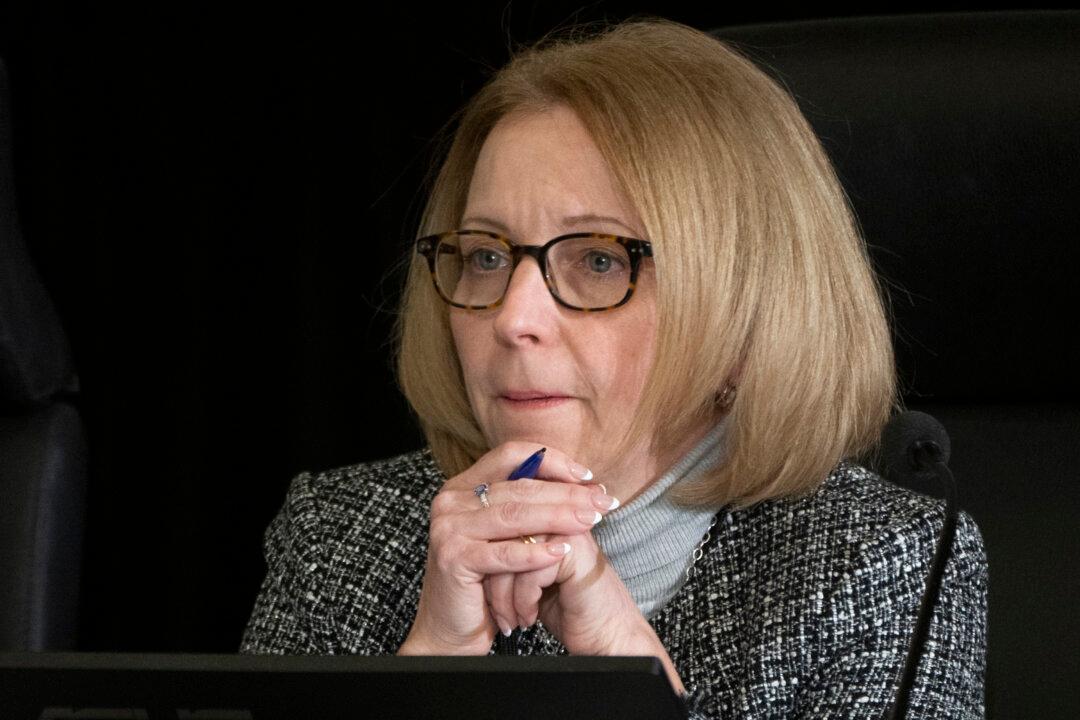The panel of bureaucrats in charge of notifying the public of election threats said the provision of a briefing to the Liberal Party about the 2019 Don Valley North nomination race would be enough to mitigate the risk and thus did not alert the public, the foreign interference inquiry heard April 8.
Allegations of irregularities and interference by the Chinese regime in the race won by MP Han Dong have been a focus of the hearings of the Public Inquiry into Foreign Interference. Prime Minister Justin Trudeau was briefed about the issue in 2019 but chose to keep Mr. Dong in place.





